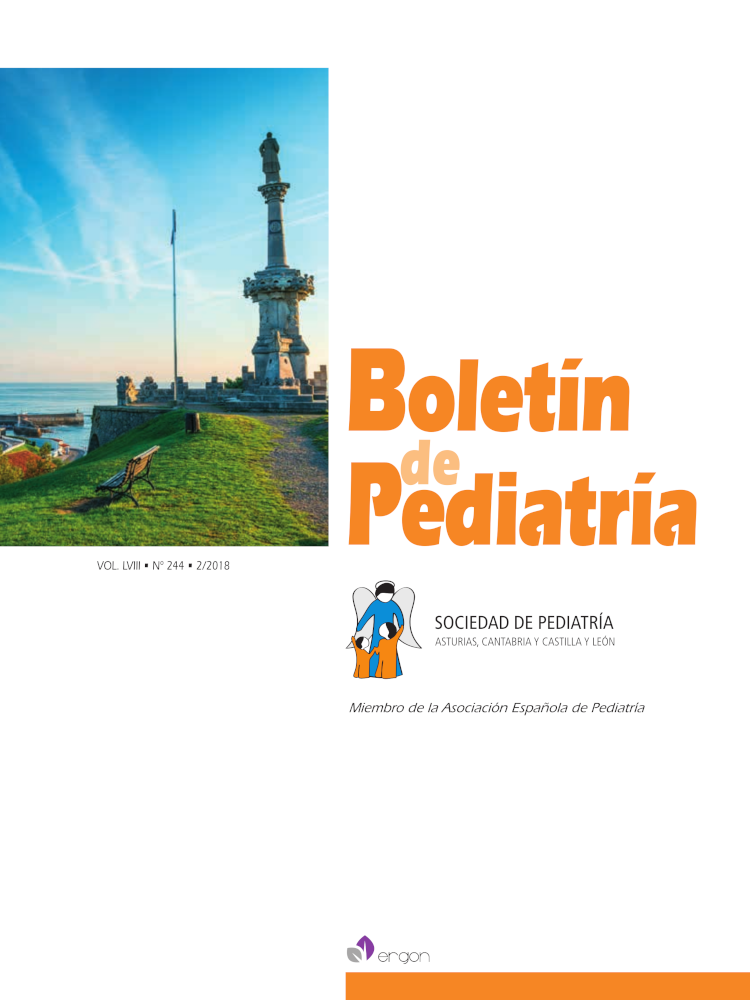Abstract
During the first years of life parents or caregivers often are concerned about the amount and / or variety of food their children eat it´s inaccurate and it could cause health, nutrition or growth problems. Different terms have been proposed as picky/fussy eater, infant´s food aversion/ rejection, or food neophobia. To know the factors and the mechanisms involved in learning eating behaviour can help us to understand and manage this problem. Complementary feeding plays an important role in child’s learning eating behaviour. Establishing a good pattern in these early years can be the most effective intervention so much to reduce the number of children with feeding problems (rejection, food selectivity) as to prevent the current epidemic of overweight-obesity in the developed world. Baby led weaning can promote the learning, but it also has risks and still there is limited evidence about it. However adopting some aspects of this method in the routine of traditional food diversification (to allow self-regulation of the baby, incorporating the child to family meals and provide food with textures that infant can handle as soon as it reaches a suitable development) may be beneficial.

This work is licensed under a Creative Commons Attribution-NonCommercial 4.0 International License.
Copyright (c) 2018 Boletín de Pediatría
